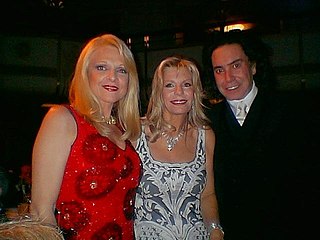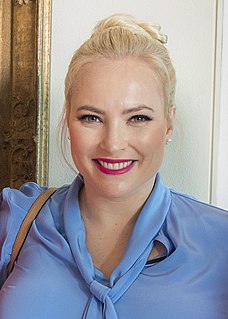A Quote by Quincy Jones
Some summers my father would take us down to visit our grandmother in Louisville, who was an ex-slave, Susan Jones, and she had a shotgun shack they call it, and no electricity, a well in the back, a coal stove, kerosene lamps.
Related Quotes
I saw all that [white trash] growing up in Alabama and Georgia. I had a group of country cousins and we'd go visit them when I was a kid. They lived on a red dirt Georgia back road, in a shack, with twelve kids. Farmers. No electricity, they had a well on their back porch, but they had nothing, yet they were the happiest, freest people I'd ever met. I loved to visit them. Great sense of humor, and they kept up with all the latest music, country, rockabilly, that stuff. Great food they grew in the fields and canned. Happy people.
I heard a story about a woman who grew up in Texas. When she was having trouble in her life, she would visit her grandmother, who lived nearby and always had a kind word and some wisdom to pass on. One day she was complaining to her grandmother about some situation and her grandmother just turned to her, smiled sadly, and said, "Sometimes, darlin', you've just got to rise above yourself in this life." I've remembered that wise advice many times as I've faced trouble in my life.
If only I had some grease I could fix some kind of a light," Ma considered. "We didn't lack for light when I was a girl before this newfangled kerosene was ever heard of." "That's so," said Pa. "These times are too progressive. Everything has changed too fast. Railroads and telegraph and kerosene and coal stoves--they're good things to have, but the trouble is, folks get to depend on 'em.
When we were making 'Toy Story,' my grandmother was very ill, and she knew she was not going to make it. I went back to visit her, and there was a moment during that visit that I had to say goodbye, and I knew I'd never be seeing her again. I looked at her and knew that I was looking at her for the last time.
My grandmother lived the latter years of her life in the horrible suspicion that electricity was dripping invisibly all over the house. It leaked, she contended, out of empty sockets if the wall switch had been left on. She would go around screwing in bulbs, and if they lighted up, she would fearfully turn off the wall switch and go back to her Pearson's or Everybody's, happy in the satisfaction that she had stopped not only a costly but dangerous leakage. nothing could ever clear this up for her.
From my mother came the idea that going down to the sea repaired the spirit. That is where she walked when she was sad or worried or lonely for my father. If she had been crying, she came back composed; if she had left angry with us, she returned in good humor. So we naturally believed that there was a cleansing, purifying effect to be had; that letting the fresh wind blow through you mind and spirits as well as your hair and clothing purged black thoughts; that contemplating the ceaseless motion of the waves calmed a raging spirit.
In 1841 you and I had together a tedious low-water trip, on a Steam Boat from Louisville to St. Louis. You may remember, as I well do, that from Louisville to the mouth of the Ohio there were, on board, ten or a dozen slaves, shackled together with irons. That sight was a continual torment to me; and I see something like it every time I touch the Ohio, or any other slave-border.



































